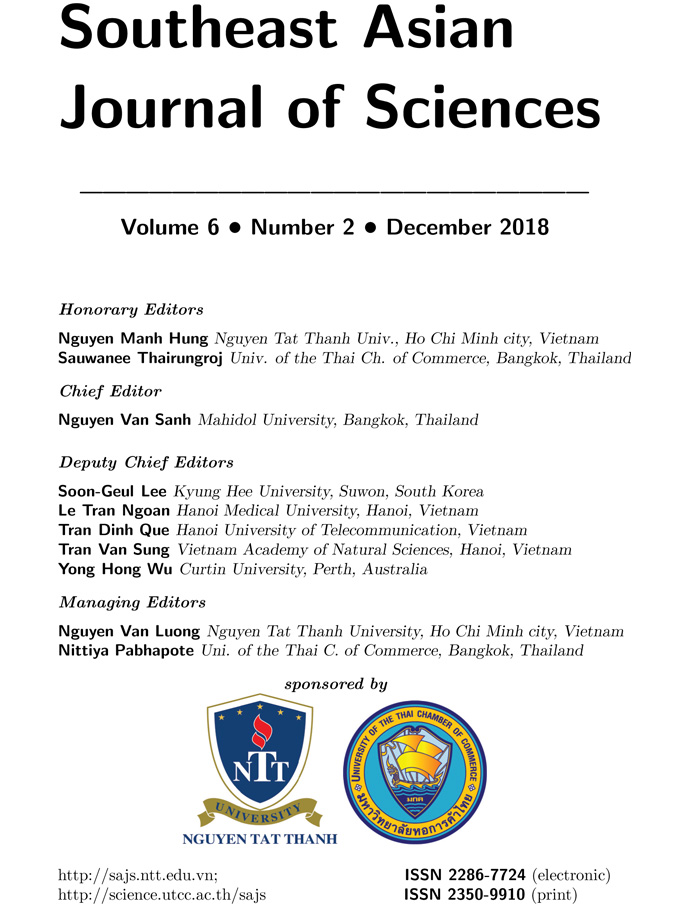AN ADAPTIVE METHOD ON THE QUENCHING TIME OF A NONLINEAR PARABOLIC EQUATION WITH RESPECT TO THE NON-LINEAR SOURCE AND NEUMANN CONDITIONS
Abstract
In this paper, we introduce a new adaptive method for computing the numerical solutions of a class of quenching parabolic equations which exhibit a solution with one singularity. The continuity of the quenching time is studied in this paper where we have considered a parabolic equation with variable reaction which quenches in a finite time. For this fact, we have estimated the quenching time and have proved that it is continuous as a function of the nonlinear source for the following boundary value problem
ut(x, t) − uxx(x, t) = −b(x)u−p(x, t), 0 <x< 1, t> 0,
ux(0, t)=0, ux(1, t)=0, t> 0,
u(x, 0) = u0(x) > 0, 0 ≤ x ≤ 1,
where p > 0, u0 ∈ C1([0, 1]), u0(0) = 0 and u0(1) = 0. The potential b(x) ∈ C1((0, 1)), positive in [0, 1]. We find some conditions under which the solution of a semidiscrete form of the above problem quenches in a finite time and estimate its semidiscrete quenching time. We also prove that the semidiscrete quenching time converges to the real one when the mesh size goes to zero. A similar study has been also investigated taking a discrete form of the above problem. Finally, we give some numerical experiments to illustrate our analysis.

